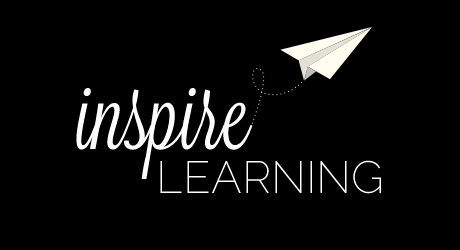High Impact Practice Spotlight Sessions
Mark your calendars! On Thursday, January 13 from 8:00AM-10:40AM colleagues will share High Impact Practices that are making a difference in their work with students. In these brief, 30-minute sessions, MCC employees will share what they are doing, describe the impact to teaching and learning, and invite feedback from peers. Virtual and in-person sessions will be available.
High Impact Practice Spotlight Sessions Schedule
There is a body of research published by the American Association of Colleges and Universities (AACU) and the Community College Survey of Student Engagement (CCSSE) that offers a roadmap to evidence-based high impact practices that elevate academic challenge, active and collaborative learning, student-faculty interaction, and a supportive campus environment. These practices include:
- First-Year Seminars and Experiences
- Common Intellectual Experiences
- Learning Communities
- Writing and Inquiry-Intensive Courses
- Collaborative Assignemnts and Projects
- Undergraduate Research
- Diversity/Global Learning
- Service Learning, Community-Based Learning
- Internships
- Capstone Courses and Projects
- ePortfolios
- Accelerated Developmental Education
- Tutoring
- Orientation
And, according to the AACU (2017):
- Student participation in one or more of the 10 original HIPs is associated with a range of positive outcomes, especially for those historically underrepresented in postsecondary education.
- HIPs are developmentally powerful because they require applied, hands-on, integrative, and often collaborative learning experiences.
- Sadly, HIPs participation is inequitable, with first generation, transfer students, and African-American and Latino students least likely to have such experiences.
- Among the challenges to institutionalizing HIPs are demonstrating the fiscal benefit of increased graduation rates, changing academic reward systems to support faculty and staff involvement in HIPs, and acknowledging HIPs in the institutional data system.
However, “simply offering and labeling an activity an HIP does not necessarily guarantee that students who participate in it will benefit in the ways much of the extant literature claims” (Inside Higher Ed, 2018). The quality, scale, and intensity by which we enact high impact practices at will have a significant impact on the student expreience and student outcomes which are quantified by our wildly important college goals.

